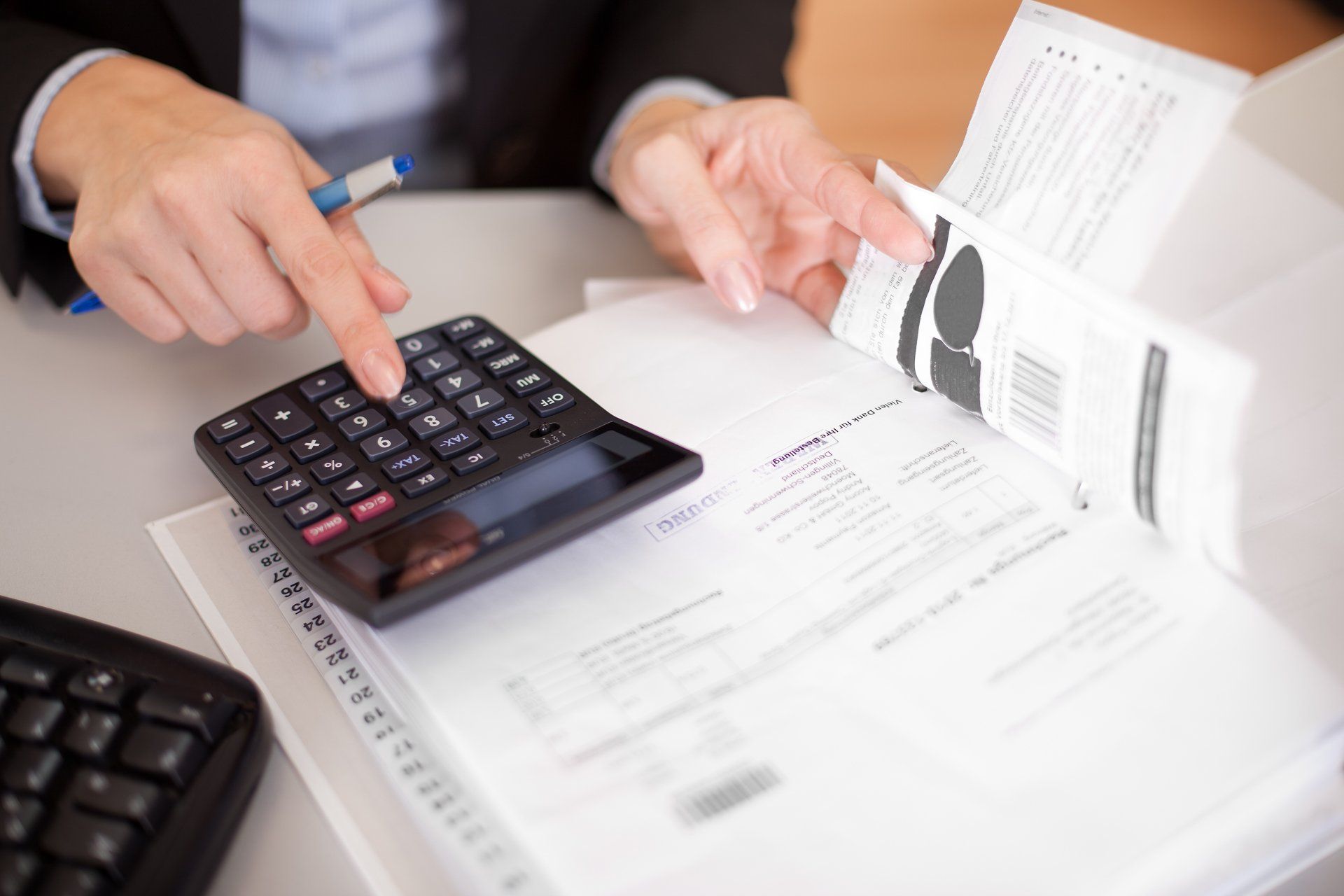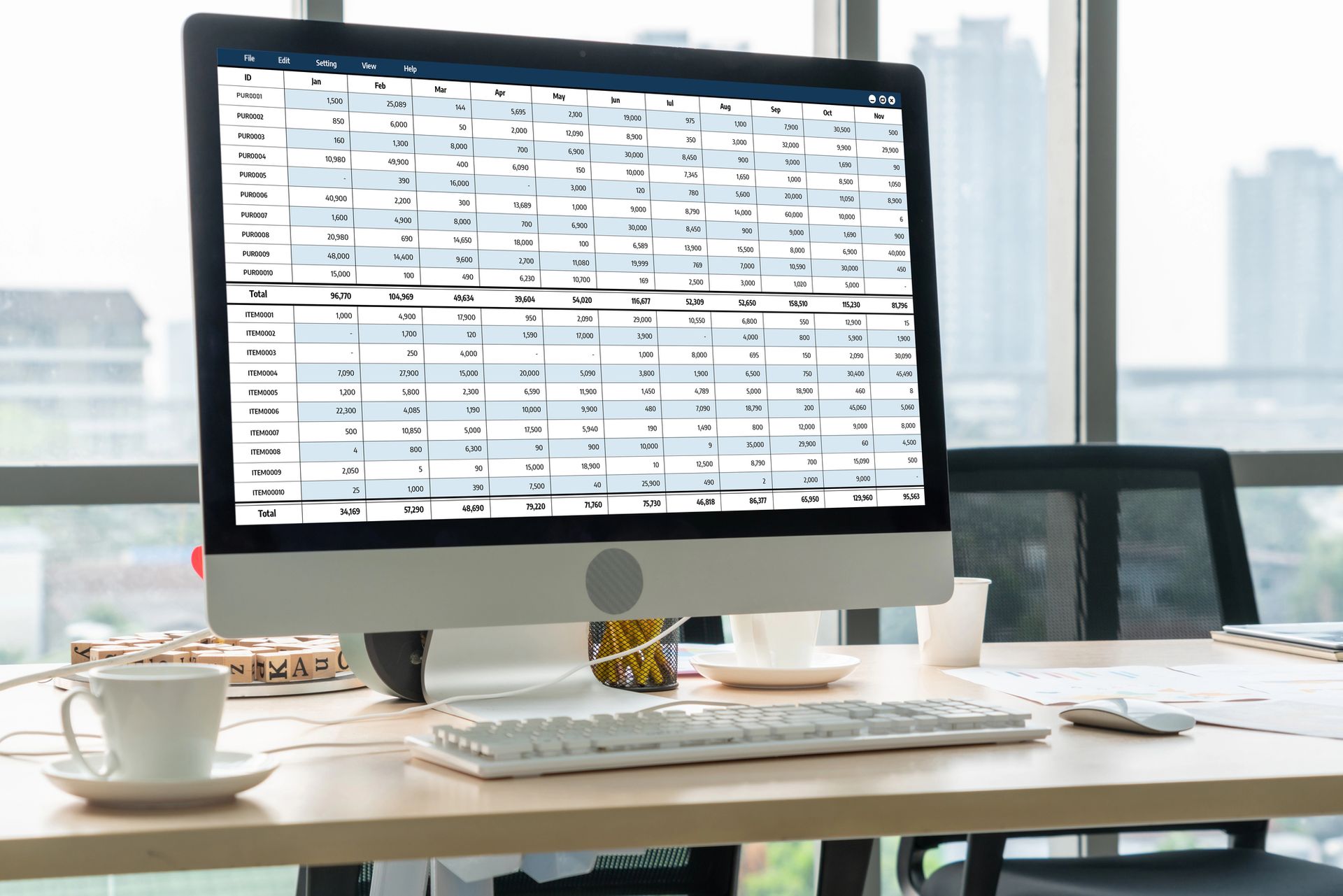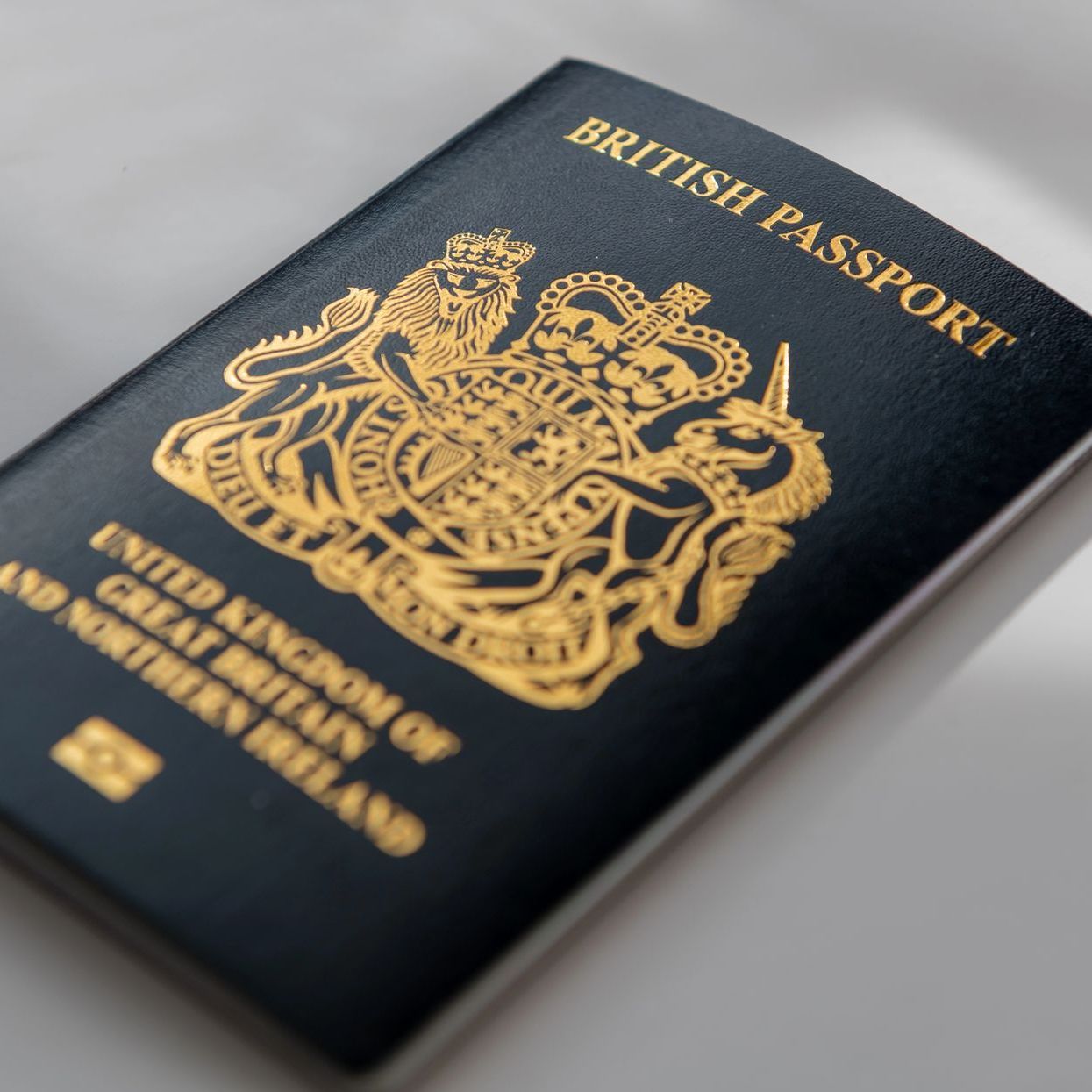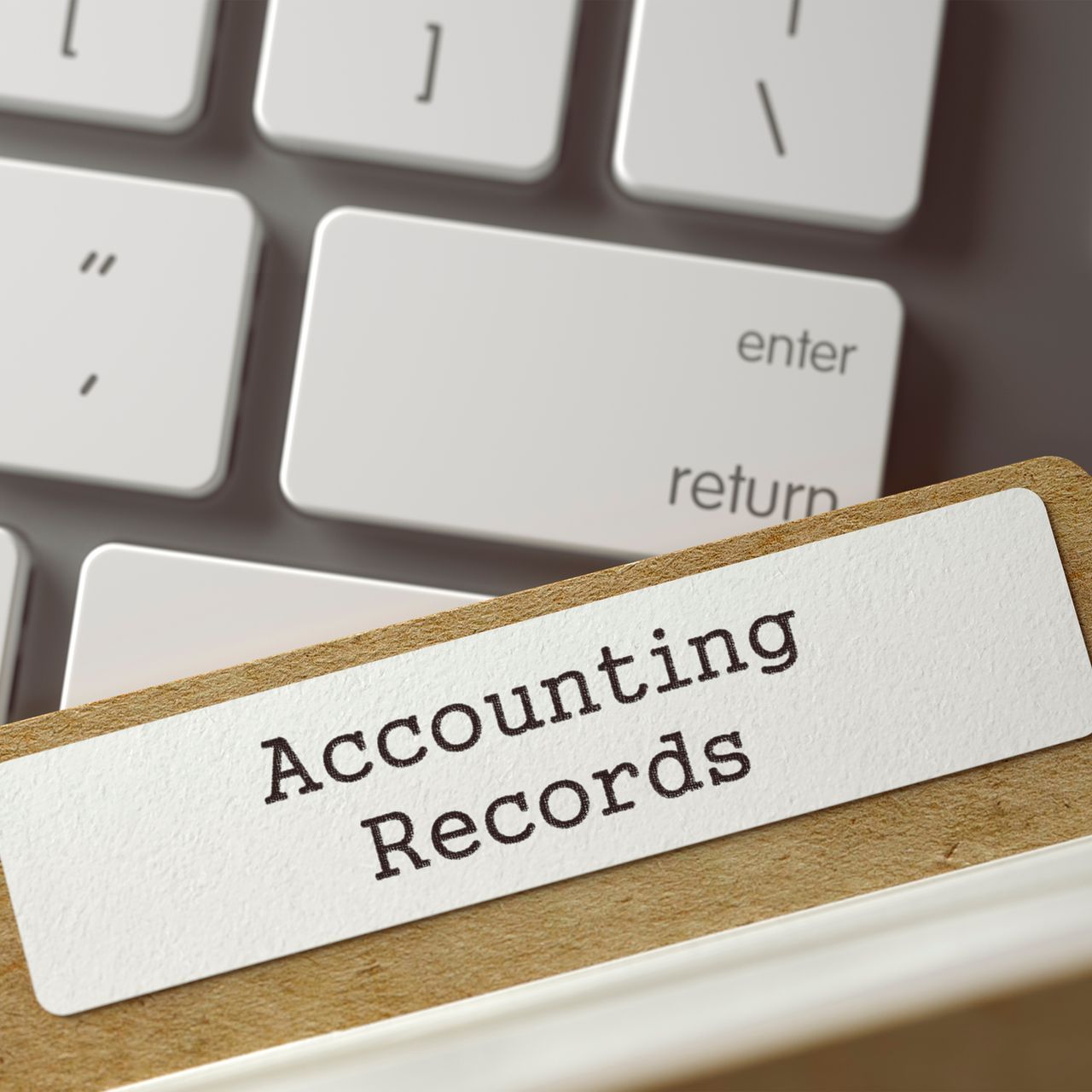Do I need an accountant or a bookkeeper?
If you have just started a business, you may be wondering whether you need to either appoint an accountant or a bookkeeper. The chances are that while your business remains small, you aren’t required to appoint either. However, there are some circumstances when it may be a good idea to get an accountant to help you. I’ve set out some of these situations below.
Accrual accounting is the method of accounting that records revenues and expenses when they are incurred, rather than only when cash is exchanged. In summary, if you are required to produce accrual accounts rather than using the cash basis, I would suggest that you would benefit from appointing an accountant of bookkeeper.
Limited companies benefit from having an accountant
If you operate your business as a limited company, I would strongly recommend getting an accountant. Limited companies that are not dormant have to submit a full set of electronically tagged accrual accounts following accountancy standards (they can be found here, although they’re not exactly bedtime reading) along with their annual tax return. There is also a smaller set of accounts that needs to be submitted to Companies House.
Whilst it is not impossible to produce these yourself, I would strongly recommend getting an accountant to do the work as different transactions need to be treated correctly. Third party software is required to produce both the accounts and the return so if you wish to fulfil your obligations yourself, be prepared to invest in the software to do so.
If your company is dormant, you can read my blog post here to see how to manage a dormant company yourself.
Sole traders can manage themselves but may benefit from an accountant
The self-assessment system is set up in such a way that it is straightforward enough for sole traders to complete their own returns, in fact hereis a link to my blog post from last year describing how to do just that.
If your business turnover is under £150,000 then you can use the cash basis to calculate your income and submit your tax return yourself. There is more information on the HMRC website here. This is a simple method, so depending on your circumstances you may not always get the best result for you.
Even if you are eligible for the cash basis, these are some of the occasions when it is a good idea to ask an accountant or bookkeeper for help.
If you have interest or bank
charges of more than £500
You need to complete fully accrued accounts to be able to claim more than £500 of bank charges or interest as a deduction.
When you expect to need a
mortgage or finance
You may find your lender wishes to see accrual accounts produced by an accountant before making any finance available to you.
If you make losses
If you make losses (especially if losses arise in the first few years of a business) then there are a few different options available to you. It is a good idea to speak to an accountant or bookkeeper so they can guide you through the options. Most of these options are only available upon the production of accrual accounts. You may find that your loss is quite different under the accrual accounting method, especially if you hold a lot of stock.
Partnerships can manage themselves but need the software
Partnership returns are based on the same rules as sole traders, so it is perfectly possible to produce and submit your own partnership return (which then cascades into the partners individual returns). However, it is not possible to submit partnership returns without third party software so be prepared that you will need to find a suitable way to submit the return if you decide not to appoint an accountant or bookkeeper.
If you would like to spend more time on other things, get an accountant or bookkeeper
Of course, you may decide to appoint an accountant or bookkeeper simply because you don’t wish to do the return yourself ! Outsourcing your accounts and tax return to an accountant or bookkeeper can allow you to focus your time and energy on other parts of your business!











